
 Instagram
Instagram
Front Squat vs Back Squat: Which Is Better?

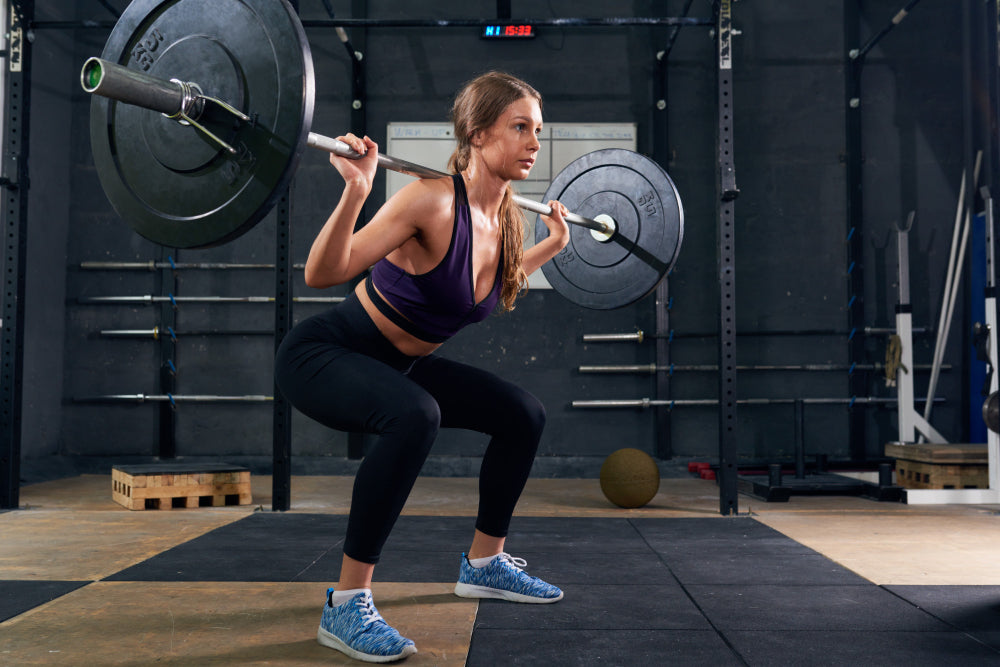
Related products

In the fitness community, the debate between front squats vs back squats is a never-ending one. Depending on the muscles you want to focus on or the person’s personal preference, you may be leaning one way or the other. Whether you are a front squatter or a back squatter, it is important to know the difference between the two and find out which is better. Sports performance is an important factor to consider when choosing between front and back squats, as each squat variation offers distinct advantages for enhancing strength, power, and agility.
Are Front Squats or Back Squats Better?
Although there is no exact answer for which is better, back squats do tend to be an easier exercise than front squats for beginners. While you need more stability and technique with front squats, back squats are slightly easier and more natural. For those looking to perform these exercises effectively, using equipment like a squat rack and functional trainer or a multi-function gym rack can provide the necessary support, stability, and versatility for both squat variations. These racks ensure that you can maintain proper form and safely progress in your workouts.
Deciding which squat is better depends on other factors such as individual preference and goals, as well as physical conditions. For those who want to focus on activating their quadriceps and reducing their spinal load, front squats would be better. On the other hand, for those focusing on using their posterior chain and lower body, back squats are the better choice.
What are the main differences between front and back squats?
The main difference between front squats and back squats is the bar placement, during front squats the front will be in the front on the body placed on the front deltoids while the bar during back squats is placed on the back across the trapezius muscles. For back squats, you also have the choice between Low Bar Squat vs. High Bar, depending on which placement feels better for you. Other differences between better front and back squats include:
Muscle Activation
One of the main differences between front squats and back squats is muscle activation. "The front squat demands more from the quadriceps due to the more upright torso position, while the back squat engages the posterior chain, including the glutes and hamstrings, more effectively," according to Dr Stuart McGill, a renowned expert in spine biomechanics.
A study published in the Journal of Strength and Conditioning Research found that there is stronger activation of the quadriceps during front squats, while there is greater activation of the lower back and hip extensors in back squats. To perform these movements correctly, the right equipment can make a significant difference.
For front squats, using a Jordan 45kg Rubber Barbell Straight Bar helps ensure a secure and balanced grip, supporting the activation of the quadriceps with minimal strain on the wrists and shoulders. The bar's rubber coating also protects your body and the floor, offering comfort and safety during your squats.
Similarly, for back squats, the Jordan 15kg Rubber Barbell Straight Bar is ideal for engaging the posterior chain. Its balanced design and durable rubber construction allow you to focus on activating your glutes and hamstrings without worrying about stability issues, ensuring you can lift effectively while protecting your joints and spine.
Spine and Knee Health
The positioning of the barbell in front squats reduces the compressive load on the spine, potentially decreasing the risk of lower back injuries. "The front squat's more vertical torso reduces shear forces on the lumbar spine, which can be beneficial for individuals with existing back issues," explains Dr Chris Beardsley, a biomechanics researcher. Conversely, back squats may place more strain on the knees, especially if the proper form is not used and maintained. However, when the form is correct, back squats strengthen the posterior chain without causing harm.
In order to recover effectively from the muscle strain that comes with both types of squats, BCAA (branched-chain amino acids) supplements can play a key role. BCAAs help reduce muscle soreness and promote recovery, making them an excellent addition to your routine if you’re incorporating heavy squats into your workouts. Proper recovery can prevent injuries and ensure you stay on track with your fitness goals.
Athletic Performance
Both squat variations help enhance athletic performance, but they do so in different ways. Front squats are particularly beneficial for athletes who require strong quadriceps and an upright torso, such as Olympic weightlifters. On the other hand, back squats are favoured by powerlifters and athletes who need to develop their posterior chain strength, which is crucial for explosive movements like jumping and sprinting.
Athletes can further improve their performance by supplementing with creatine, a well-known performance-enhancing supplement that helps increase muscle power, strength, and endurance. Creatine helps replenish ATP stores, allowing for more intense and longer workouts, ultimately boosting athletic performance across different sports, including those requiring squats.
Functional Fitness
From a functional fitness perspective, the front squat's focus on core stability and quadriceps strength can be advantageous for daily activities that involve lifting and carrying. "Front squats mimic the movement patterns of picking up objects from the ground, making them highly functional," explains Dr Kelly Starrett, a physical therapist. Back squats, on the other hand, are more effective for building overall lower body strength, which helps improve performance in various physical tasks.
Whether you're focusing on front squats or back squats, amino acid supplements are essential for supporting muscle recovery and growth. Amino acids are the building blocks of protein, which is critical for rebuilding muscle fibers after heavy lifting. Adding amino acid supplements to your regimen ensures that your muscles recover efficiently, enabling you to maintain your functional fitness in everyday tasks and workouts.
Risk of Injury
While both squats are effective, like any other exercise, they come with risks if not performed correctly. Front squats may pose a higher risk to the wrists and shoulders due to the front rack position, especially for those with limited mobility., while back squats can lead to lower back and knee injuries if the lifter fails to maintain proper form. According to a study in the Journal of Orthopaedic & Sports Physical Therapy, improper back squat technique is a common cause of lower back pain in athletes.
Rehabilitation
In rehabilitation settings, front squats are often preferred for patients recovering from lower back injuries due to the reduced spinal load. "Front squats are a safer alternative for those rehabbing from lumbar spine issues, as they promote a more upright posture and reduce stress on the lower back," states Dr Tim Hewett, a biomechanics expert. However, for individuals with knee problems, modifications in back squats can be made to ensure safety and effectiveness in strengthening the legs.

People Also Ask
Are front squats as good as back squats?
Yes, front squats are as good as back squats, but they target different muscle groups and serve different purposes.
Do front squats work abs more than back squats?
Yes, front squats engage the abs more due to the need to maintain an upright torso and stabilize the core.
Can you go heavy on front squats?
Yes, you can go heavy on front squats, but typically not as heavy as back squats due to the positioning and balance required.
Are front squats good for soccer?
Yes, front squats are good for soccer as they enhance quadriceps strength, core stability, and overall functional fitness.
Conclusion
Although choosing between front squats and back squats greatly depends on the individual’s personal preference, both exercises provide their own benefits. You can’t go wrong and if you still can’t decide, you can add both squat variations to your training routine and get the best of both. For any questions or concerns, please consult with a health professional for additional help, Learn more about the 19 Best Effective Fitness Exercise





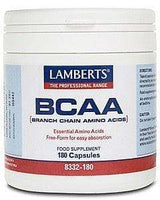

















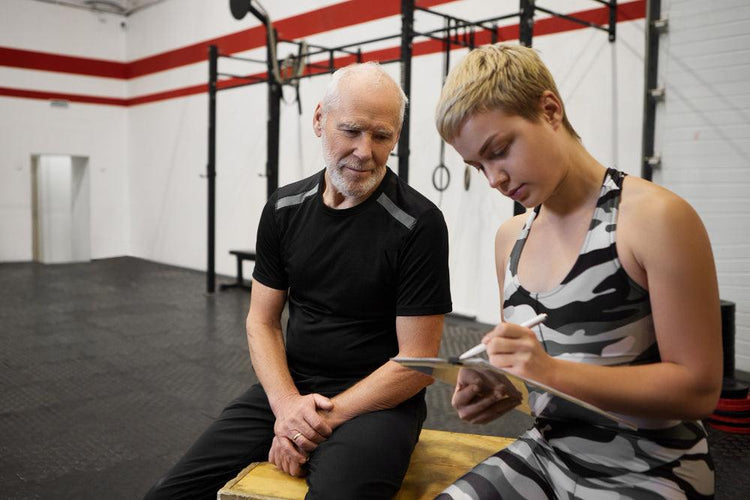
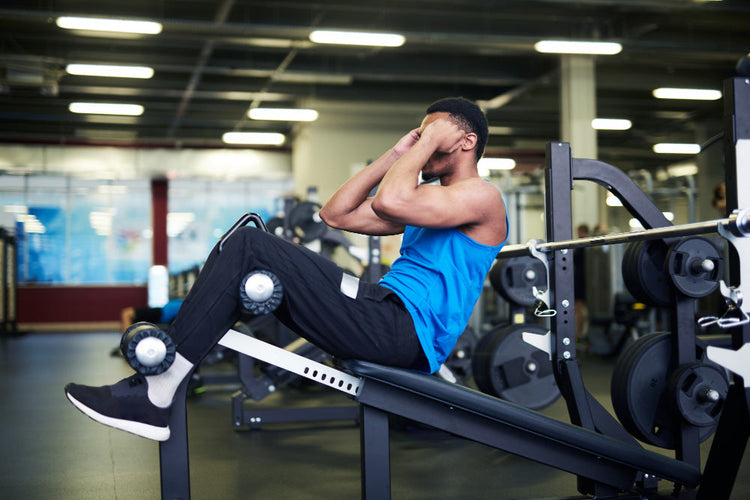
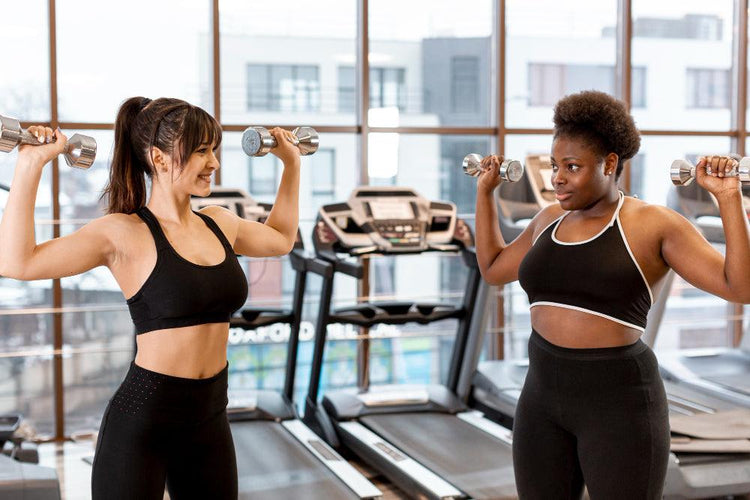

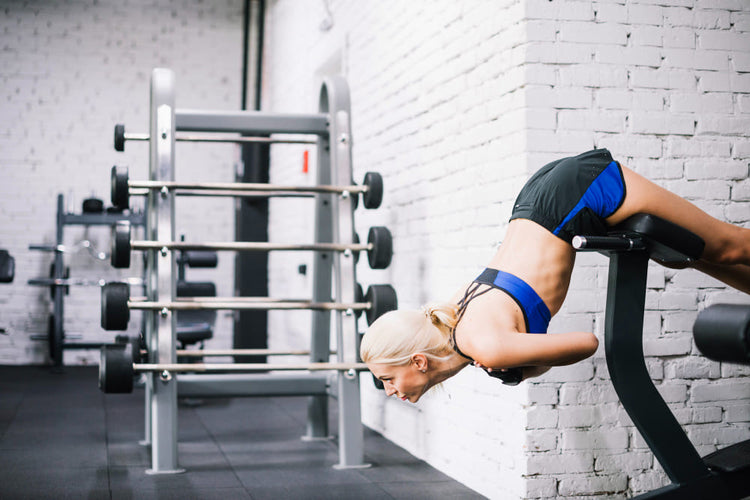
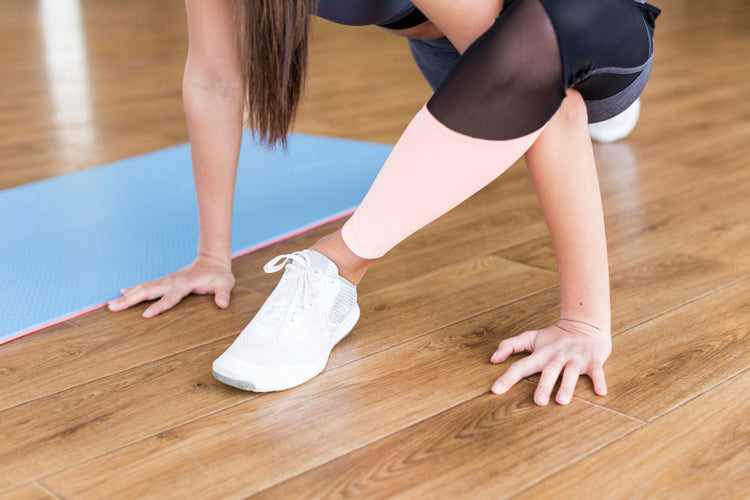
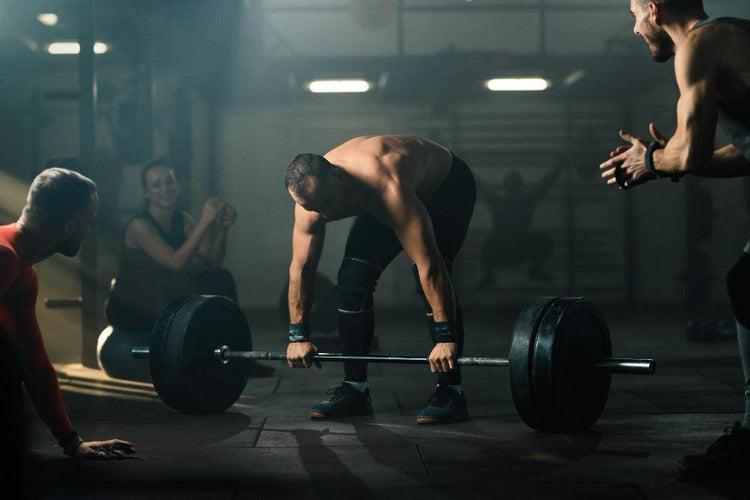
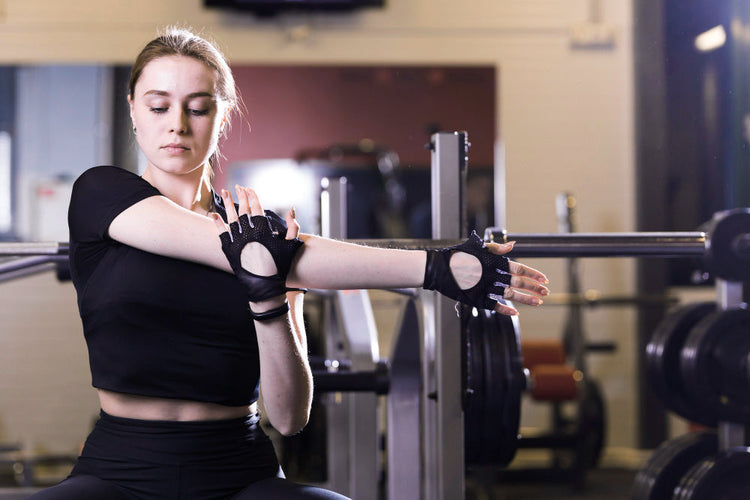
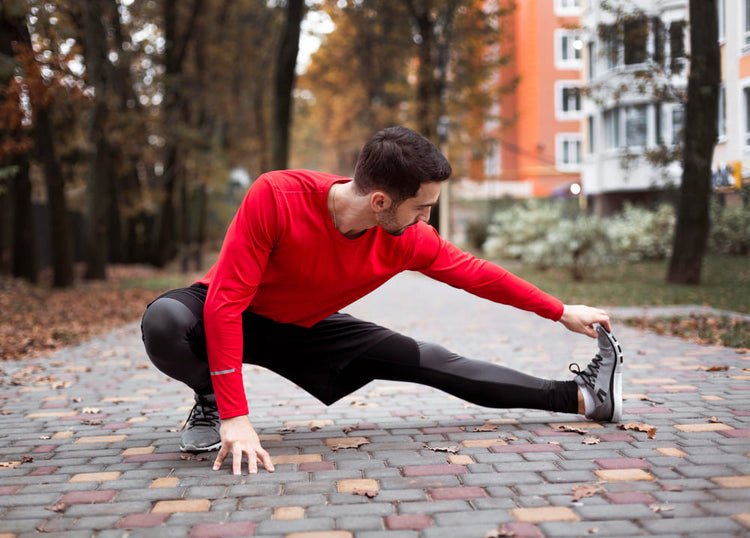
 Rated Excellent by 26,523+ Reviews
Rated Excellent by 26,523+ Reviews